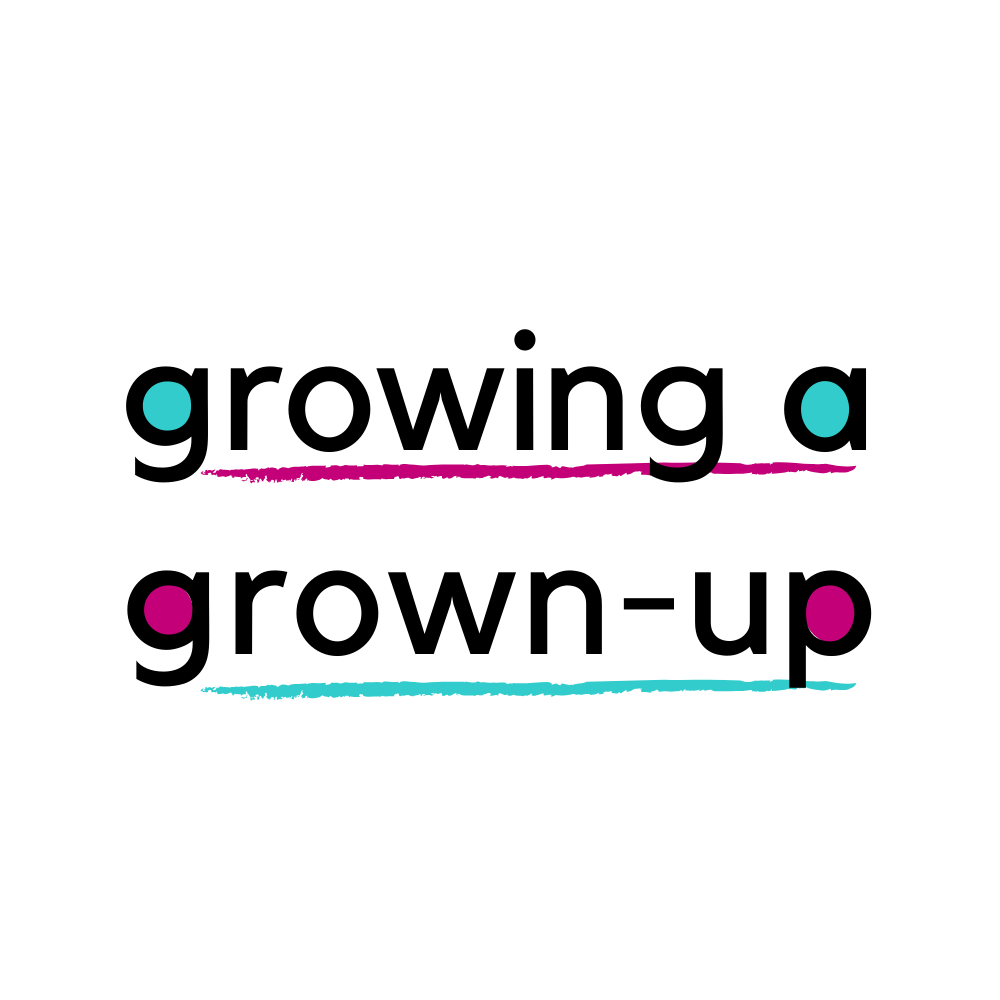It may be exciting for us to start thinking about the new Covid vaccine as a ‘game changer’, but for our teenagers the anxiety may not stop as the vaccine arrives.
Ongoing uncertainty
Young people have felt increasingly anxious throughout the pandemic and although some activities have returned to something approaching normal they are still having to deal with uncertainty every day. It is this uncertainty that breeds anxiety for many of them. In 2021 they will still likely feel uncertain about a range of unresolved issues including their studies, exams (dates/ marking schemes), school trips or visits, sport and matches, and (possibly) university planning activities, like open days.
Time to talk?
So, as we prepare for a New Year, new vaccine and new hope, it is important to take time to talk to our teens and ask how they feel about the next few months. Ask them what is on their mind, are they worrying about anything specific at night or is there anything that is stressing them. They may be pleased to have the opportunity to talk through some of their concerns, or they might just grunt (!), but they will at least be aware that you are thinking of them and open to talking, if they want to.
Be gentle
Over the last few months teachers and tutors, as well as parents, will have noticed an increase in eating issues, self-harm, low mood and loneliness, as well as anxiety in young people. With the arrival of the new vaccine we have an opportunity to create hope, positivity and optimism for our community, and it is important to try to share gently these with our teens. Young adults and teenagers have been the most negativelyaffected in terms of mental health by COVID, and to reduce the risk of long-term difficulties we should try to intervene early and talk to them about their worries. However, some of them may be quite reluctant to see the positive, so we will need to tread carefully.
Be practical
In offering our support (and practical suggestions) to address their anxiety, it is important that we don’t try and fix things for our teenagers (however tempting that might be). Instead we can help them to problem solve and focus on the difficulties that they can overcome themselves. For example, if they are worried about exams, encourage them to speak to the relevant teacher at school to get the most up-to-date information about dates or marking schemes. If they are worried about university open days (whether desperate to go/ worried about crowds) suggest that they look at the university’s website, and view videos, or YouTube clips from current students, to see what it looks like, and help decision making when the time comes.
A better future
There is no doubt that we are all hoping for a better year in 2021 and that many of us are excited about the possibilities that the new vaccines bring. But in our flurry of optimism we must not forget our teenagers, and that they may not see things in quite the same way. Helping them to ‘plan what they can’ and address individual worries will be a small step in an optimistic direction.

